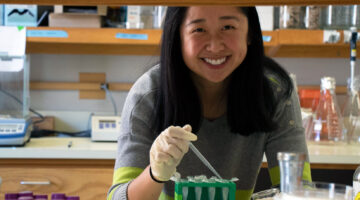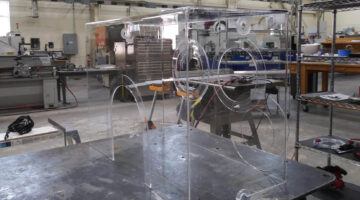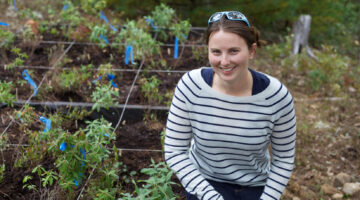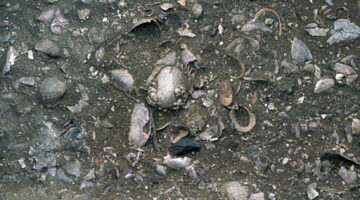SEANET’s legacy: The impact of interdisciplinary aquaculture research on Maine
The Sustainable Ecological Aquaculture Network (SEANET) was officially completed in January 2020. Since August 2014, the program developed new aquaculture siting tools, discovered new information pertaining to emerging aquaculture sectors, provided suggestions regarding food safety, and continued providing information on aquaculture research outcomes to state officials, stakeholders and community members. SEANET, funded by the National […]
Read more




